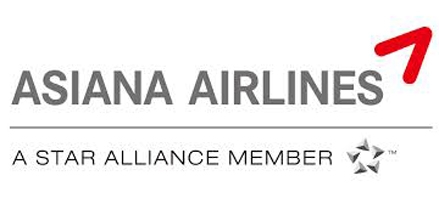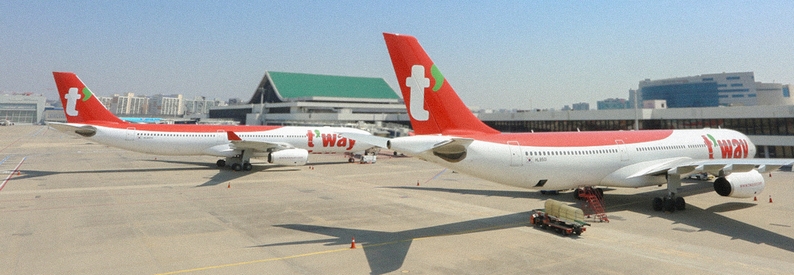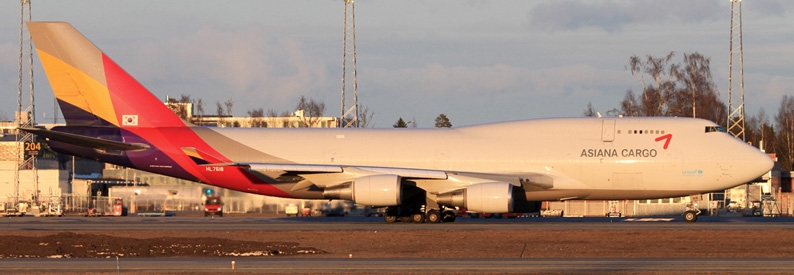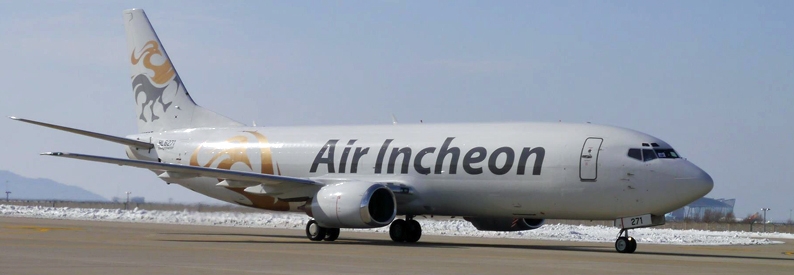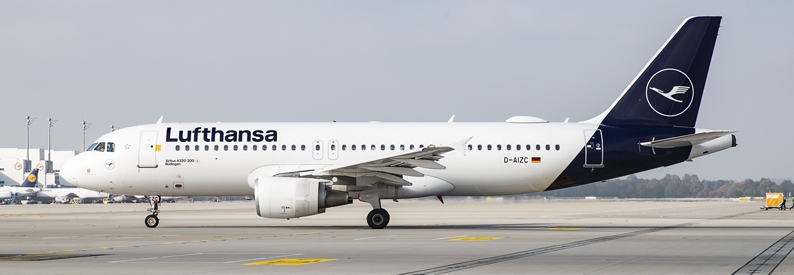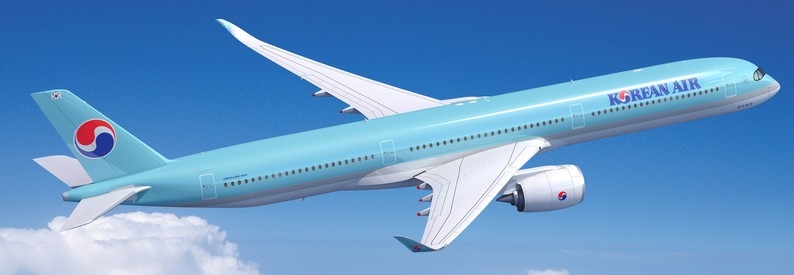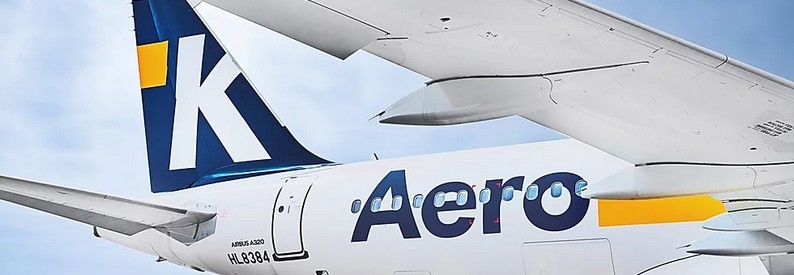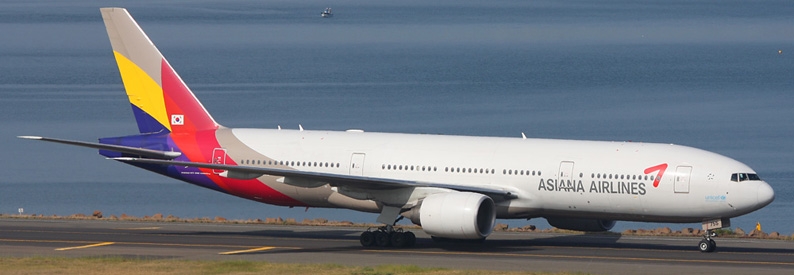South Korea’s Fair Trade Commission is expected to approve the planned merger between Asiana Airlines (OZ, Seoul Incheon) and Korean Air (KE, Seoul Incheon), unnamed sources told the Korean-language version of the Korea Herald newspaper on October 14, as long as some of the two companies’ exclusive routes are redistributed to foreign airlines or to unaffiliated local budget carriers.
The comments emerged despite Korea’s fair trade chief, Joh Sung-wook, casting doubt on the deal earlier this month during a parliamentary hearing, citing serious monopoly concerns.
However, according to industry insiders it will be tricky to for the antitrust regulator to make judgements regarding competition in this particular case, as the proposed business combination is between the country’s two biggest players. Monopoly and oligopoly concerns will inevitably arise regardless of how the merger is analysed.
In any case, certain measures will have to be implemented before the deal can be endorsed, such as handing some routes to competitor airlines, the sources said.
Long-haul routes to Europe and the Americas would be redistributed to foreign airlines, as it is doubtful whether other airlines in South Korea, almost exclusively low-cost carriers, will have the aircraft types necessary to operate them.
While Korean Air’s planned acquisition of a majority stake in Asiana Airlines includes a possible merger of their low-cost units Air Busan, Air Seoul, and Jin Air, competitors Jeju Air and t'way Air are independent and could theoretically take on shorter domestic or regional routes. But newer arrivals such as Aero K, Air Premia, and Fly Gangwon lack capacity as they currently operate just one or two aircraft each, while a return to the market for Eastar Jet is not yet certain.
Even if such anti-competitive measures are taken now, it is now questionable whether the merger will be completed this year - as is the government’s wish - because it still awaits approvals from numerous competition regulators in other countries. And if those in the United States or Europe in particular raise objections, the process will be even slower.
